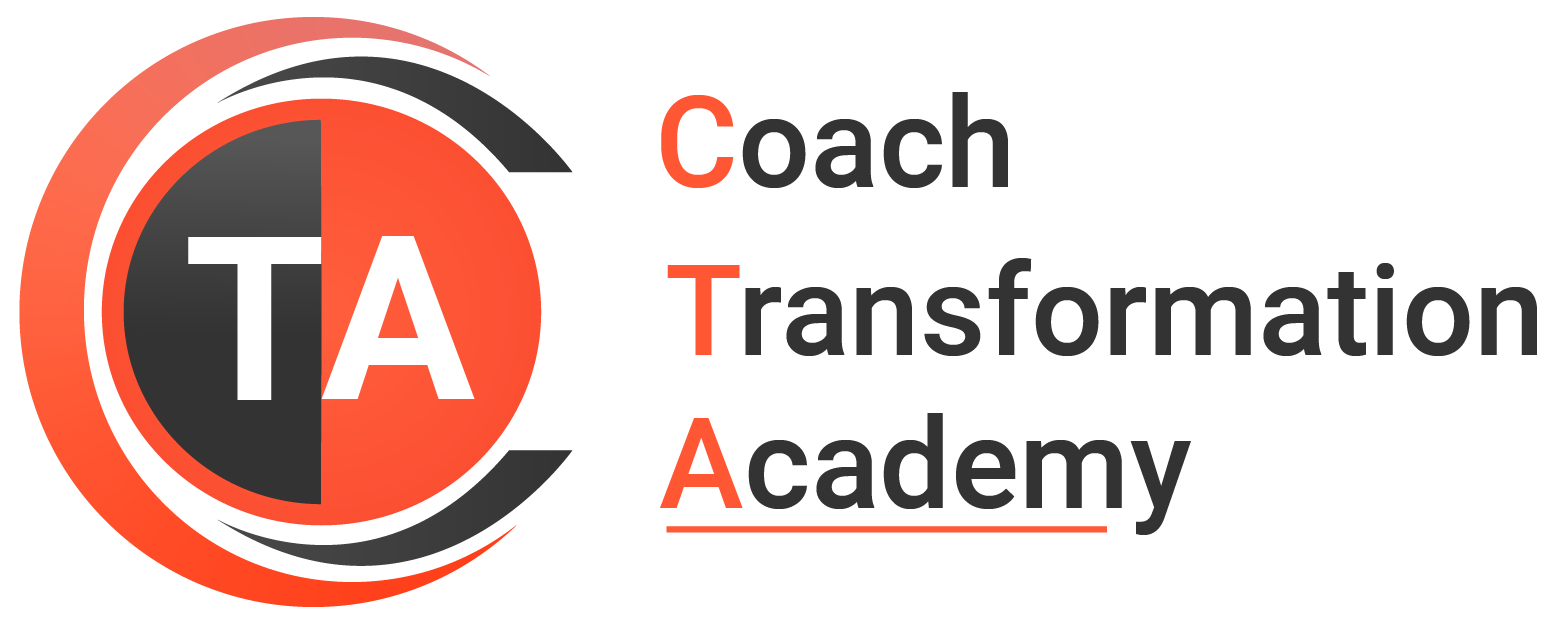Being a coach goes beyond the usual periphery of being either at the helm of a sports team or having an individual practice of coaching clients. The popularity of the profession and its acknowledgment for bringing positive improvements has given birth to another career aspect for professionals, which is internal coaching. Read the full blog to know more about the concept of coaching and the prospect it carries for internal coaches.
Who is an internal coach?
Internal coaching has found prevalence within the corporate community, which has experienced a drastic shift in its culture and values in the past decade. Internal coaching is when the coach and the coachees belong in the same organization.
These coaches can be managers, leaders, or any employee with coaching experience. An internal coach is affiliated with a company or business who help its employees overcome daily professional hurdles through regular coaching sessions. They work with corporate teams, leaders, executives, at all corporate levels, providing one-to-one or group sessions directed towards fulfilling personal and professional goals.
What is the role of an internal coach?
Whether external or internal, coaches enable individuals to steer through changes, manage transitions, and handle challenges. So, how internal coaching is different from external coaching? There are a few benefits of internal coaching over external coaching. But first, let’s get a more detailed scope of the role played by internal coaches in an organization:
- They assist new team leaders and managers to get acquainted with their roles.
- Internal coaches aid the managers to enhance their analytical abilities, along with better management and communication skills.
- Holding one-to-one sessions to help them boost performance and productivity.
- Internal coaches help mitigate work challenges through an alternative approach by urging the employees to tap into their skills and knowledge for finding the best solution that they seem fit. They do not provide readymade solutions.
- They work with every entity within an organization with the ultimate goal of promoting a healthy work environment and culture, devoid of any miscommunication.
- Sometimes, they may coach teams to help them align their personal goals with stakeholders’ goals. They also enable teams to make an actionable strategy to achieve those goals.
As internal coaching programs are becoming more popular, businesses are investing in training their line managers to build their current skillset. However, to achieve the best results, organizations should try to exclude internal coaches from the day-to-day management of the coachees.
How to become an internal coach?
Human resources, organizational development professionals, executives, leaders, managers, and learning and development professionals have many of the skills and knowledge that are crucial in effective coaching. You can roll out training for front-line managers or include coach training in management training programs.
Many coach training providers conduct special coach training programs for organizations. Such programs are highly-beneficial for organizations that wish to switch their high-performing employees into internal coaches.
We have rounded up a few tips to help you understand what is an internal coaching training program:
- It’s always advisable to choose an accredited coach training program having affiliations with ICF (International Coach Federation), EMCC (European Mentoring and Coaching Council), Continuing Coach Education (CCE), SHRM (Society for Human Resource Management), or any likewise global organizations.
- Getting coach training from such institutes or academies gives you immediate recognition as a coaching professional who has gone through accredited training, assessment, and compliance with standards of practice. Moreover, you get coaching tools and models that help you succeed as a coach.
- Along with the coaching training, fieldwork and assignment is also a part of the training. It helps you to hone your coaching skills and gain the confidence to conduct sessions.
- Upon completing the coach training, assignments, and assessment, you may receive certification (depends on the training provider).
- You must complete the required number of coaching experience hours if you wish to acquire credentials from ICF/EMCC/CCE.
Conclusion
Are you interested in becoming an internal coach? Are you searching for a credible institute to embark on your coaching journey? Coach Transformation Academy (CTA) provides the best-in-class Internal Coaching program for professionals and organizations. They’re one of the few coach training providers accredited by ICF, EMCC, CCE, and SHRM. Contact them on info@coachtransformation.com to know more about their internal coach training program.






